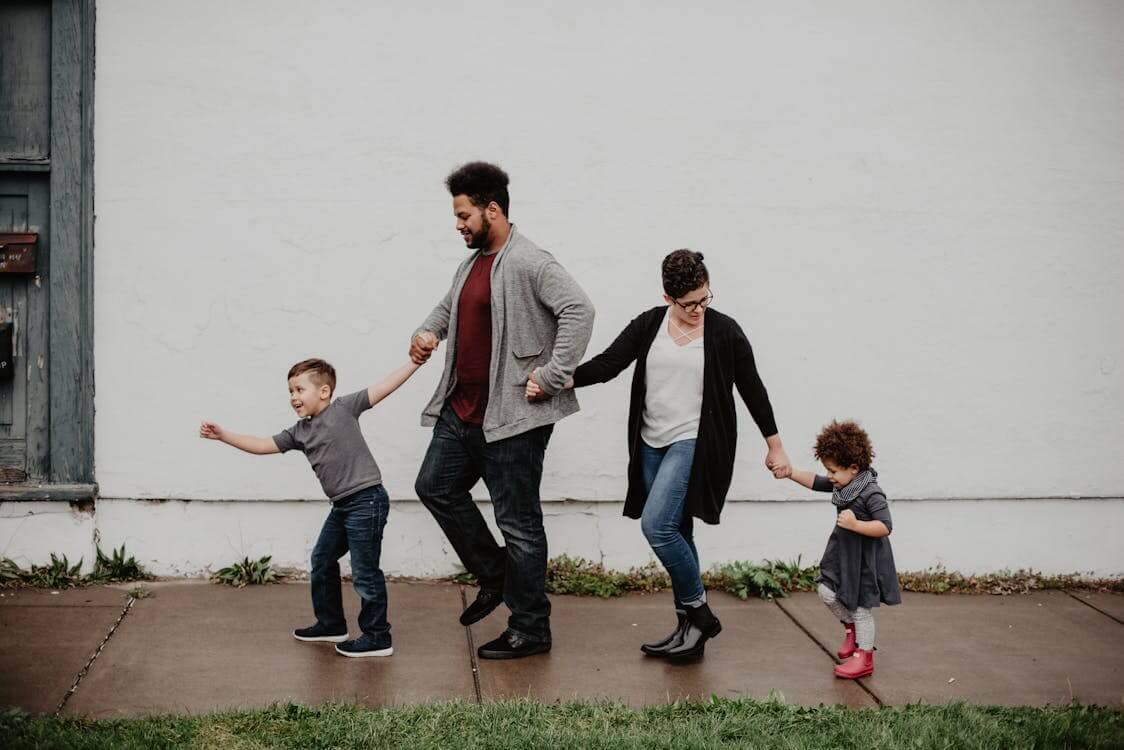Written by Claudia Belliveau, PhD Candidate, McGill University
In part 1 of this mindfulness series, we discussed what exactly the term mindfulness means, and how to practice it in order to get better. In article 2, we discussed how mindfulness can help you reduce your stress as a parent. In this article, I want to show you the real benefits that people are having, when using what are called “Mindfulness Based Interventions”.
What are mindfulness-based interventions?
Mindfulness-based interventions (MBIs) are therapeutic approaches that incorporate mindfulness practices and principles into treatment strategies, in other words, clinicians and researchers have combined mindfulness practice with already existing therapies to create NEW therapies.
Here are some examples of types of MBIs:
-
Mindfulness-Based Stress Reduction (MBSR): Developed by Jon Kabat-Zinn (Zinn et al. 1992), MBSR is a widely recognized program that teaches individuals how to cope with stress, chronic pain, and various health conditions. It typically involves mindfulness meditation, body awareness, and gentle yoga practices.
-
Mindfulness-Based Cognitive Therapy (MBCT): MBCT combines elements of cognitive therapy with mindfulness techniques. It was initially designed to prevent relapse in individuals with recurrent depression (Segal et al. 2002). MBCT helps individuals develop more adaptive ways of relating to their thoughts and emotions, reducing the risk of relapse.
-
Mindfulness-Based Childbirth and Parenting (MBCP): MBCP is designed for expectant parents to help them navigate the challenges of pregnancy, childbirth, and parenting. It incorporates mindfulness practices to promote emotional well-being, reduce stress, and enhance the connection between parent and child (Duncan et al. 2017).
-
Dialectical Behavior Therapy (DBT): Originally developed to treat borderline personality disorder by Marsha Linehan, DBT incorporates mindfulness alongside other components such as emotion regulation, distress tolerance, and interpersonal effectiveness (Linehan et al. 1993). It helps individuals develop coping skills, regulate emotions, and improve relationships.
-
Acceptance and Commitment Therapy (ACT): ACT utilizes mindfulness techniques to enhance psychological flexibility and promote value-based living. It focuses on accepting difficult thoughts and emotions rather than trying to eliminate them, and encourages individuals to take actions aligned with their values (Harris et al. 2006).
-
Mindfulness-Based Relapse Prevention (MBRP): MBRP integrates mindfulness practices with addiction treatment. It aims to prevent relapse by helping individuals develop awareness of triggers, cravings, and habitual patterns, and cultivating new ways of responding to urges and difficult emotions (Witkiewitz et al. 2005).
How can mindfulness-based interventions help your family?
-
ADHD: Children, teens and adults show positive outcomes when MBIs are used in addition to whatever their current treatment is. Researchers conducted an analysis on 31 studies, and found that MBCT was used most often for adults with ADHD, while MBSR is used more for children and teens with ADHD. Generally, participants in the studies were more attentive, self-aware and had better executive functioning while also experiencing less emotional dysregulation and stress and they showed reduced impulsivity (Zhang et al. 2023, Oliva et al. 2021)
-
Depression/Anxiety: Adults practicing ACT and MBCT (whether in addition to other treatments, or alone) experience reduced symptoms of both anxiety and depression. It seems as though for anxiety, MBSR is not as effective at reducing symptoms (Haller et al. 2021).
-
Stress: Teens experience a lot of stress at school and this can impact how they learn. Researchers compared 9 studies that used MBIs within school and found that teens were significantly less stressed at school (Fulambarkar et al. 2022).
-
Pregnancy/Postpartum: Although there aren’t many studies, depression and anxiety symptoms are reduced when MBIs are used throughout pregnancy by healthy individuals. When individuals with high-risk pregnancies use MBIs they don’t see as many positive effects (Min et al. 2023).
As you can see, MBIs are useful in many different situations that can arise in the home. Parenting is stressful and can be very overwhelming, especially when parenting a child that is neurodivergent. Depending on what you’re dealing with, or what your teen or child is dealing with, different MBIs can be more useful.
Reminder:
It’s important to note that this is not an exhaustive list of how MBIs can be useful within the home. If you are a parent that has become a caregiver to a someone who is sick (spouse or parent), MBIs have also been shown to be helpful for improving quality of life in individuals with Alzheimer’s Disease (Giulietti et al. 2023) and different cancers (Xunlin et al. 2019).













